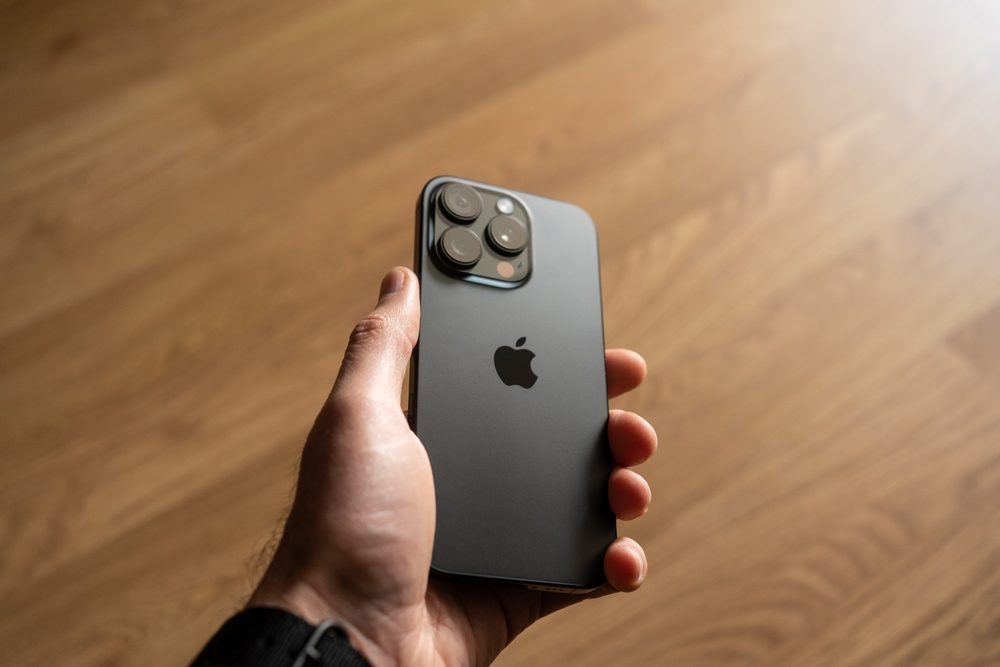
Apple’s fall showcase has become an annual ritual: new phone, new hype, new price tag. But 2025’s iPhone 17 launch looks like something bigger.
Apple isn’t just polishing the edges of last year’s design — it’s redrawing the playbook. From a razor-thin “Air” model to in-house chips and a bold supply chain pivot, this year’s rumors point to Apple making moves that could reshape the smartphone market.
According to prediction market Kalshi, there’s even a 79% chance Apple releases a foldable phone before 2027.
Here’s what you need to know.
The Date That Matters
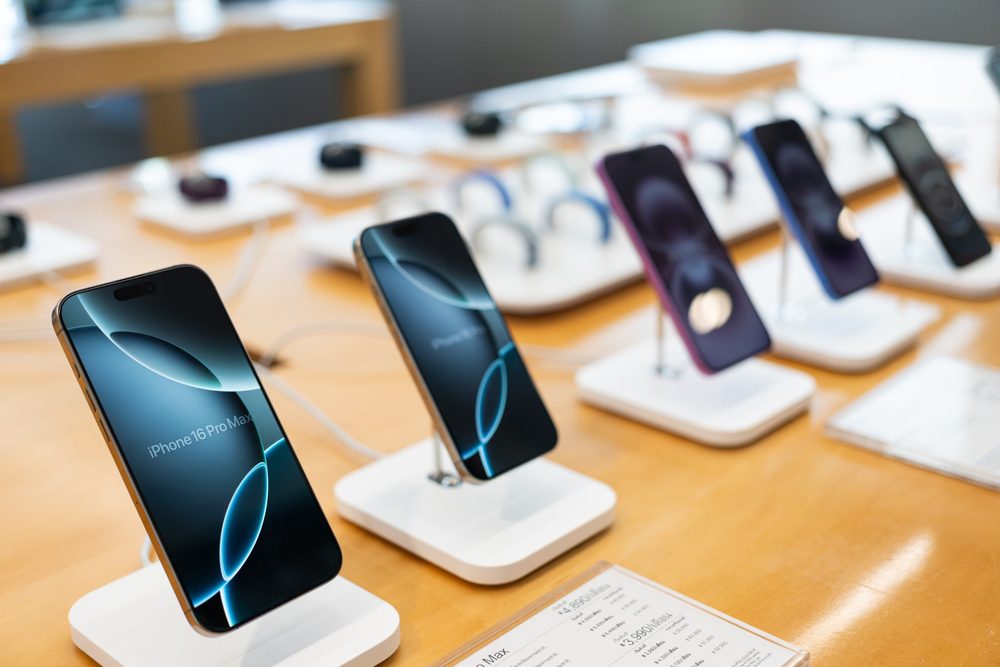
Circle Sept. 9, 2025. That’s when Apple is expected to announce the iPhone 17 family, keeping with its tradition of early-September unveilings. Preorders are rumored for Sept. 12, and devices should hit shelves a week later on the 19th. If Apple stays consistent, expect invites to land about two weeks before the event — Aug. 26 is the date to watch.
A New Supply Chain Reality

For the first time ever, Apple plans to manufacture the entire U.S. iPhone lineup in India. That’s a seismic shift away from China, a move as political as it is logistical. Apple has been diversifying production for years, but building the full iPhone 17 range in India signals the company’s next era of global manufacturing.
Meet the Lineup

The family is rumored to include four models: the standard iPhone 17, the all-new iPhone 17 Air, the Pro, and the Pro Max. Gone is the “Plus” — replaced by the Air, a sleeker mid-tier model meant to stand out on design alone.
Slim Is In
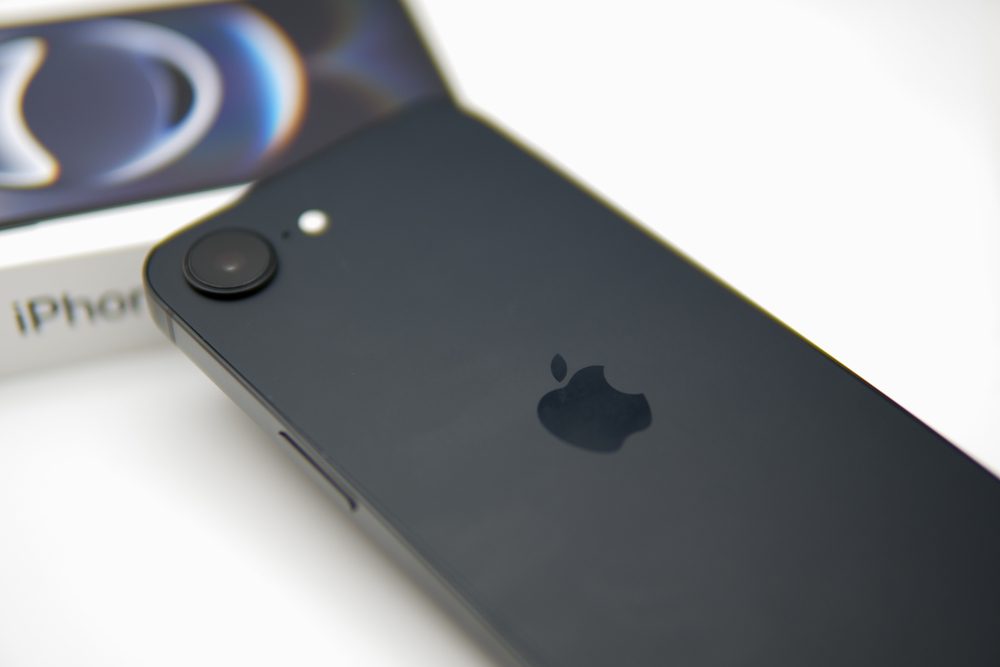
The iPhone 17 Air is Apple’s thinnest iPhone yet, tipped to measure just 5.5—6 mm thick with a titanium frame and a 6.6-inch OLED display. Early dummy models suggest this will be the device Apple wants you to show off.
Displays That Finally Match
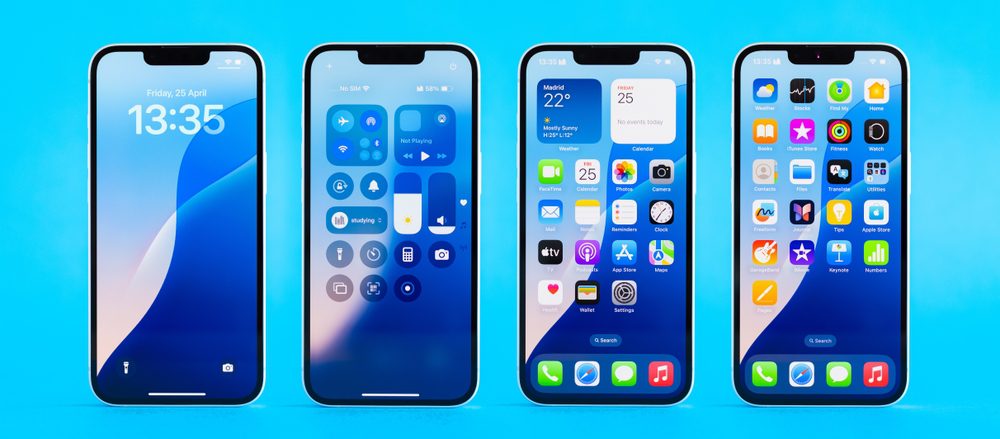
No more paywalling smoothness. For the first time, every iPhone 17 model gets a 120 Hz ProMotion display, thanks to LTPO OLED panels. That means slick scrolling, gaming, and streaming, whether you buy the base or the Max.
Under the Hood
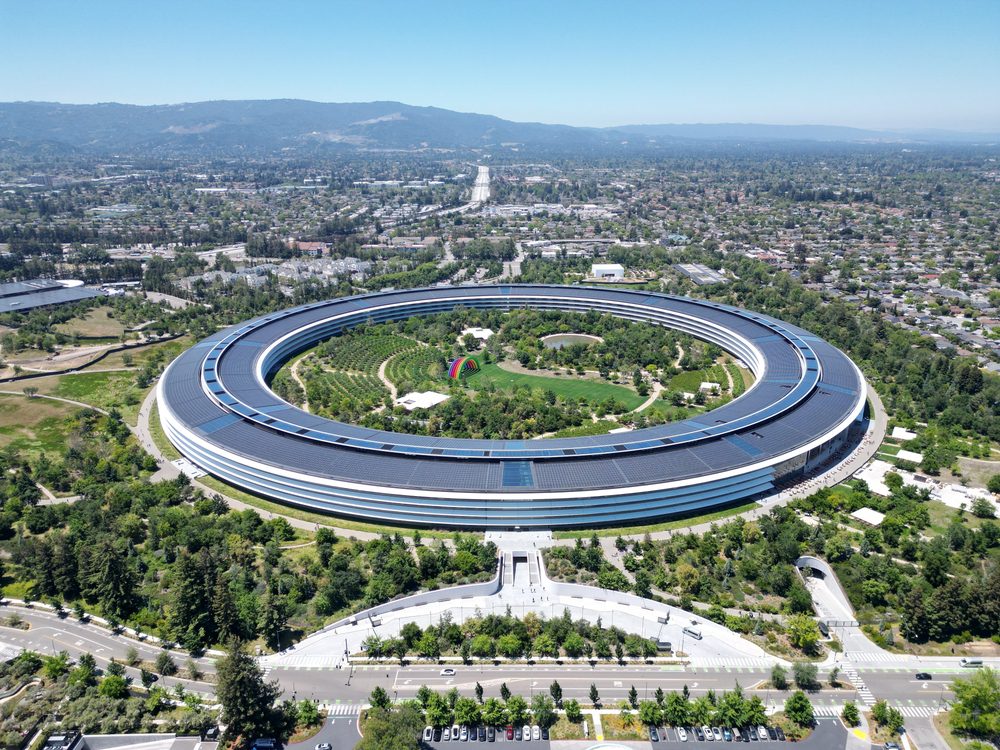
Performance is driven by Apple’s new silicon. The A19 chip powers the base iPhone 17, while the Pro, Pro Max, and Air are expected to run on the A19 Pro with up to 12GB of RAM. The Air’s chip may come with one fewer GPU core, but it still marks a major performance boost over the 16 lineup.
Chips of Their Own
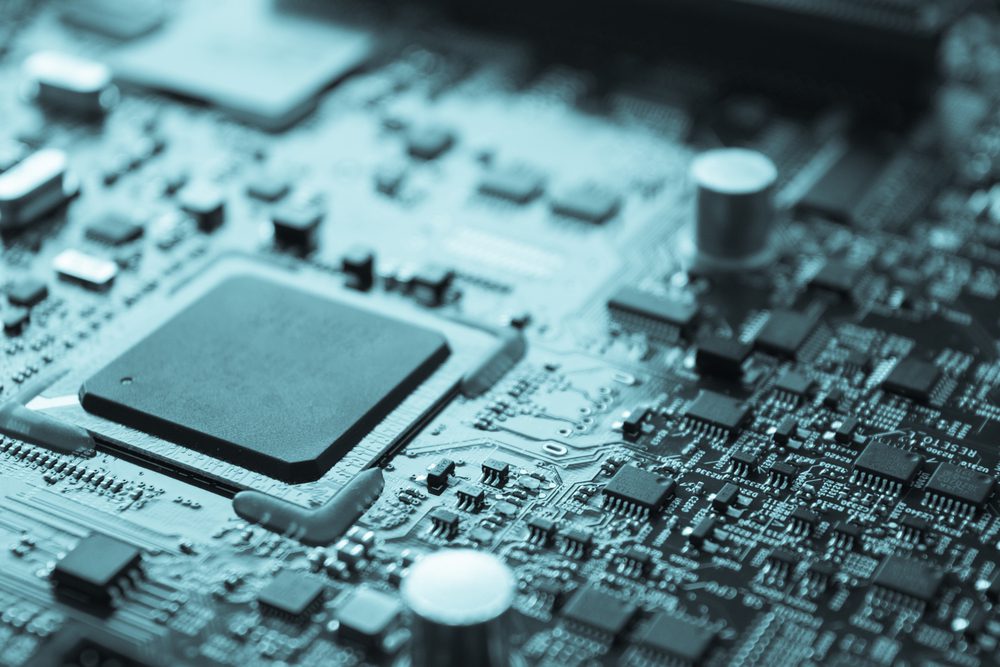
Apple is also testing independence from Qualcomm. The Air may ship with Apple’s first in-house 5G modem (limited to sub-6 GHz) and its own Wi-Fi 7 chip, while the other models stick with third-party parts. It’s Apple flexing its long game.
Cameras, Cameras, Cameras
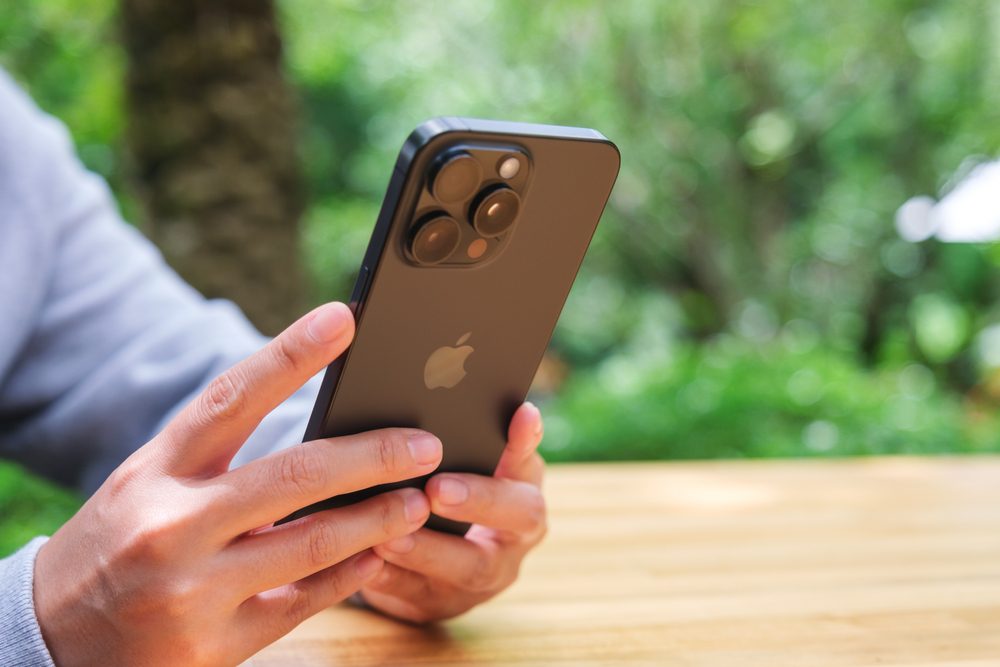
Big changes across the board. Expect a 24 MP front camera on all models. The Pro and Pro Max get the showstoppers: a 48 MP telephoto with up to 8× optical zoom, possibly with mechanical aperture and even dual-video recording. The Air goes minimalist with a single 48 MP rear lens, while the standard 17 keeps a dual-lens Wide + Ultra Wide setup.
Battery and Cooling
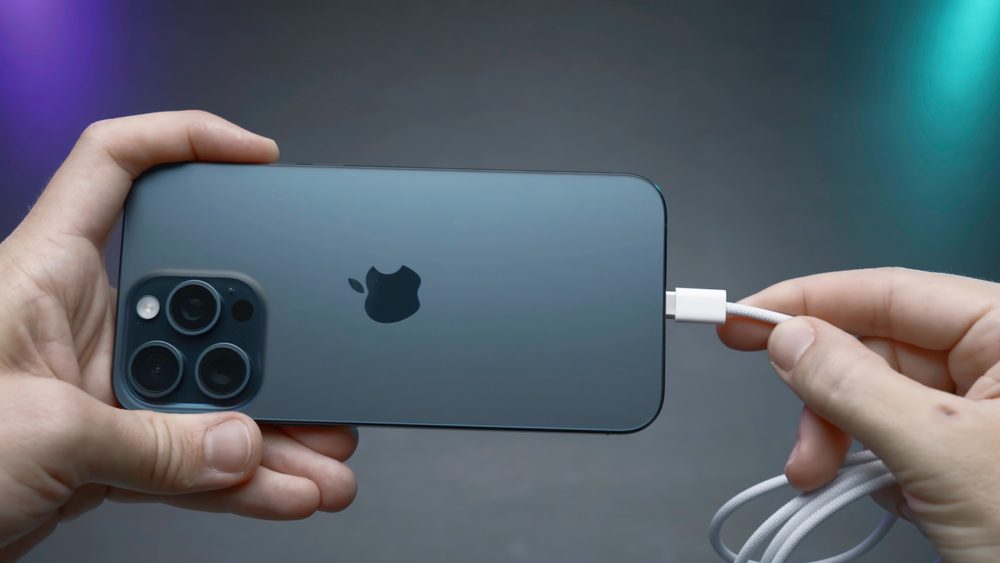
Apple’s finally taking heat complaints seriously. Pro models may add vapor-chamber cooling and easier-to-replace batteries. Charging speeds could also climb to 35W wired and 25W Qi 2.2 wireless. The Pro Max is tipped to carry a 5,000 mAh battery.
Pricing the Play

Leaks suggest about a $50 bump across the lineup. The iPhone 17 Pro could start at $1,049 for 256GB storage, while the Air hovers near $899. That’s classic Apple: raise the price, frame it as a value play.
The Software Glow-Up
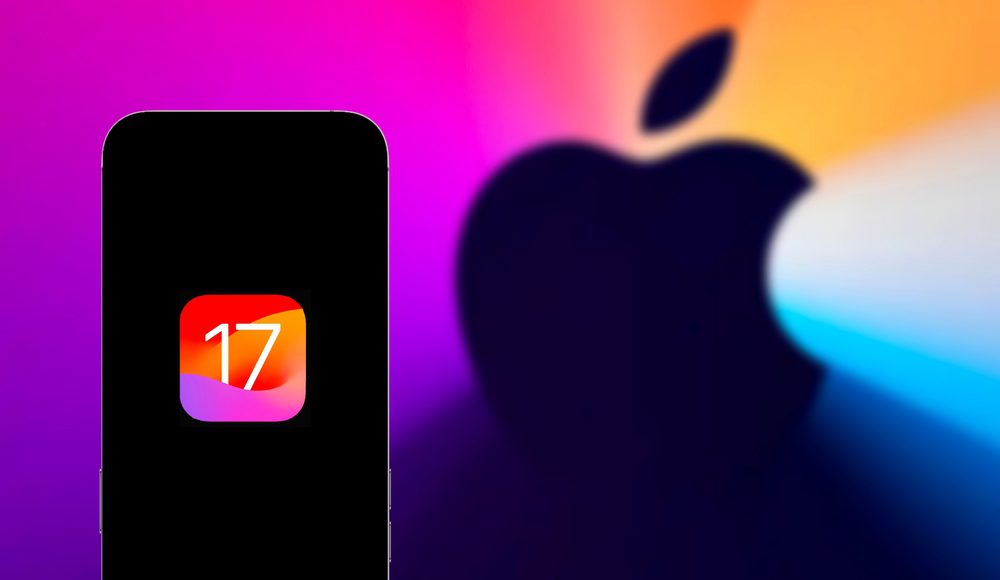
The iPhone 17 series will debut with iOS 26, which rolls out a glassy new Liquid Glass UI, AI-powered screenshot smarts, and overhauled Camera and Safari apps. Think of it as Apple trying to keep pace with the AI chatter dominating tech.
The takeaway
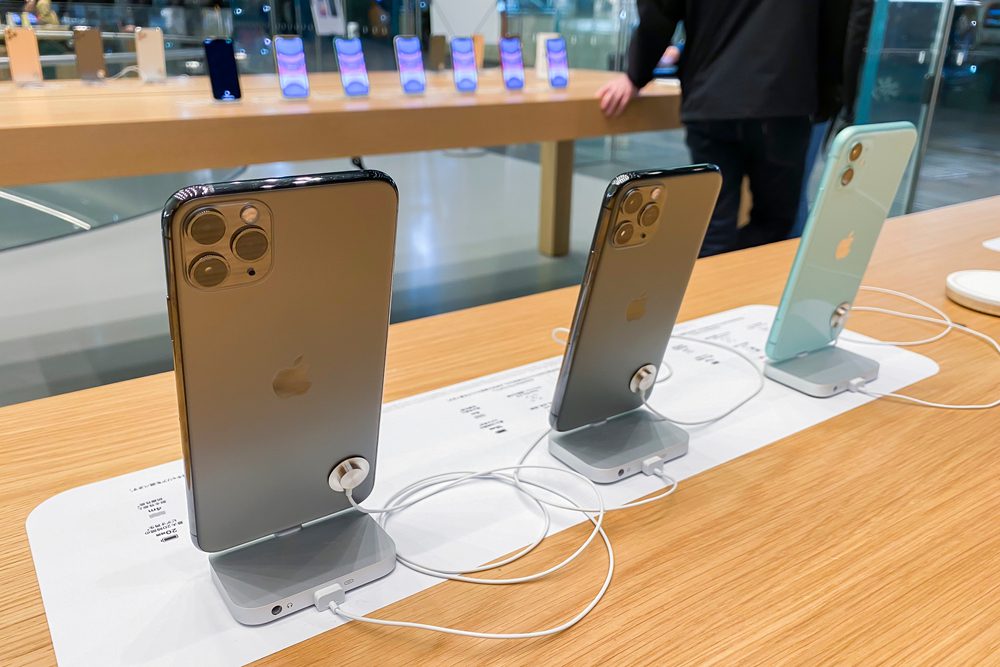
Apple’s iPhone 17 is more than a spec bump — it’s a strategy shift. A thinner Air, in-house chips, India-first production, and AI-driven software all point to one thing: Apple wants to remind you it still sets the agenda.
























